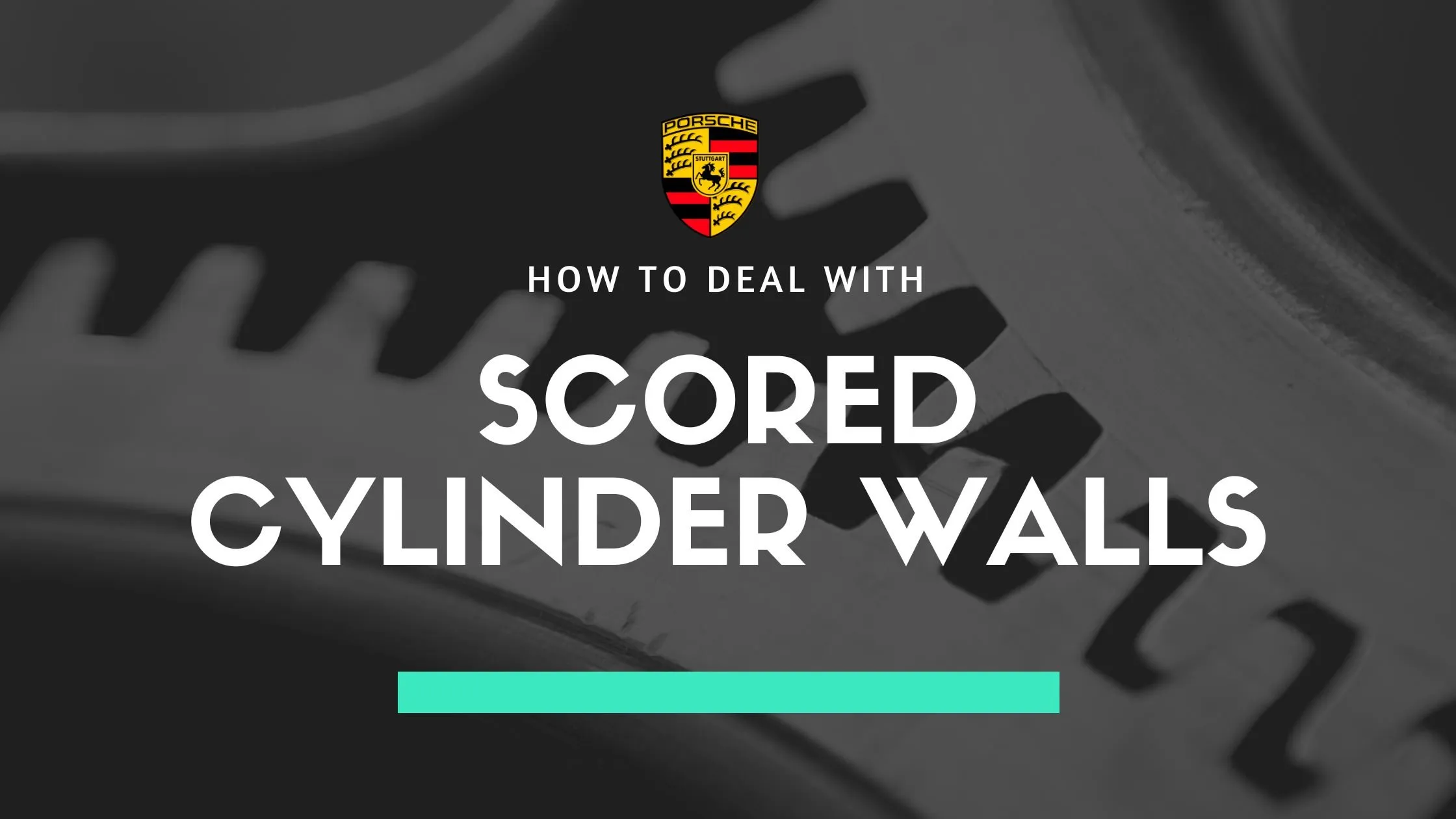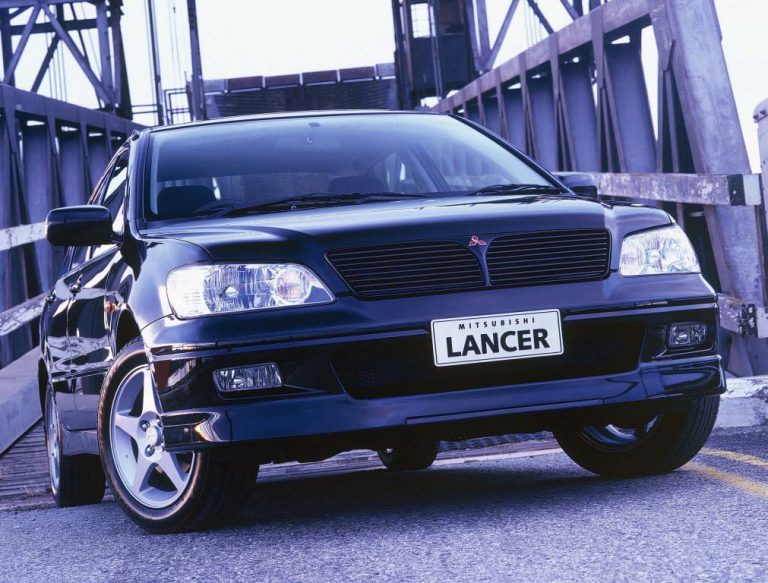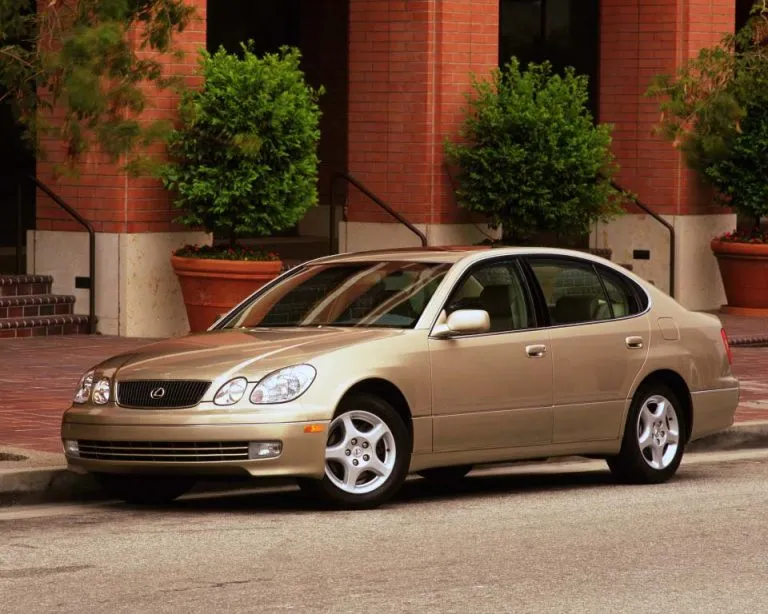Dealing With Scored Cylinder Walls On A Porsche (Detailed Explanation)
Cylinders are a vital component of any engine, let alone a performance one. They play a crucial role in the performance and lifespan of the engine. Without proper care and maintenance, your engine’s cylinders can degrade, leading to decreased performance or even outright engine failure.
This short but sweet article will cover not only what cylinder walls are but what scored cylinder walls are, what causes it, and what you can do to prevent it. We have even included a helpful section right at the end detailing what your options are if you suspect that you need to repair scored cylinder walls.
What Are Cylinder Walls?
When someone talks about cylinder walls, they are talking about the inner surfaces of the engine cylinders.
Cylinder walls are supposed to be smooth, friction-free surfaces that allow the piston to move up and down as the engine fires with as little resistance as possible. Or, at the very least, highly controlled resistance.
Cylinder walls are made of iron, steel, or even aluminum to ensure that they are strong, heat-resistant, and suitably up to the task of firing back and forth millions of times over their lifespan.
Do New Porsches Get Scored Cylinder Walls?
Yes, your new car can absolutely develop scored cylinder walls. If you are suspicious that your car is suffering from scored cylinder walls, but it is fresh off the production line, it is unlikely that that will be the case, as Porsche has a reputation for reliability. However, it is actually possible.
Although, again, it is unlikely. When a Porsche engine is built, it is meticulously assessed to ensure that the pistons, piston rings, cylinder, and, therefore, cylinder walls are all accurately sized and that they are tough enough to stand up to the stress of their job.
Scored cylinder walls are by no means exclusive to Porsche. On the contrary, Porsche is less likely to suffer from that particular problem because Porsche meticulously machines their cylinder walls smooth to prevent friction, rattling, and scoring.
What Causes Scored Cylinder Walls?
Scored cylinder walls can occur for several reasons. Most of the reasons tend to be tied directly to the age of an engine. However, it can also depend on how well-maintained an engine is.
Source / Rennlist
Firstly, let’s talk about reasons that might cause an older engine to have scored cylinder walls. As the pistons in the engine cylinders fire, they create heat and friction due to the constant, rapid back and forth.
This heat and friction are what causes the cylinder walls to become scored, and the more the cylinder walls are scored, the more devastating this heat and friction can become. Over time, the cylinder walls will become more than just scored. They might split, crack, break, or warp entirely.
Furthermore, dirt, debris, or improperly fitting pistons can cause the pistons to fire inaccurately, whether this be out of time with each other or firing loosely.
When the cylinder walls stop holding the pistons in place properly, they can begin to fire off at slightly wrong angles, grating on the cylinder walls, creating a whole lot of noise, and slowly breaking the engine cylinder down.
Dirt and debris stop the pistons from firing in and out seamlessly and will instead create extra friction, extra heat, and ultimately an extra scored cylinder.
When I was talking with a mechanic recently about scored cylinder walls, he mentioned there was a Porsche that came in before with minimal scoring on one cylinder wall, but it was enough to make the cylinder not fire properly, essentially reducing the performance of the entire engine, making it run on one less cylinder. So this is a pretty serious issue that should be addressed.
How Does Porsche Prevent Scored Cylinder Walls?
The biggest things Porsche does to prevent engine scoring are almost entirely pre-emptive. There is a limit to how much they can do short of texting you to let you know you need to change your engine oil.
First, Porsche uses the best engine components combined with incredible precision engineering. One of the biggest causes of scored cylinder walls is the use of cheap, improperly fitting pieces.
Since Porsche only uses the best components/pieces, this reduces the likelihood of cylinder wall scoring tremendously. Furthermore, as we mentioned above, Porsche machines down their cylinder walls so they are incredibly smooth.
They do so with a combination of cutting-edge techniques, I hear they use high-precision lasers as well as machine boring. This works kind of like a wax buffer, but instead of buffing wax, it is rotating a metal fitting at a super high speed and works almost like an electric sander, but for cylinder walls instead of wood.
The last thing Porsche does, or you could say that you should do, is use high-quality engine oil. Porsche uses Mobil 1 engine oil that has been specially formulated for high-performance engines. In fact, Mobil has actually formulated it specifically for Porsche as they are now official partners.
On Porsches’ end of things, they provide you with great oil and regular engine services that ensure your cylinder walls are not becoming scored. However, if you, as the owner of a Porsche, fail to change your engine oil frequently enough or even top it up occasionally, then you can be in for a bad time.
Your pistons will still fire, but the friction will be immense, so much so that your piston could essentially weld itself to the cylinder walls. More likely, you will just see some severely scored cylinder walls.
How to Repair Scored Cylinder Walls
The best way to repair a scored cylinder wall is to use two super similar methods of smoothing down the surface of the cylinder wall. It is the same kind of process that Porsche use right from the get-go to ensure that the engine’s pistons are firing smoothly.
These two methods are called boring/sleeving and honing. Honing is the process of using a circular gritty stone surface that is rotated at a super-fast pace. So fast that it sands down the engine cylinder walls, removing any scoring, debris, dirt, or cracks/splits. This will only resolve the issue if the scoring to the cylinder is minimal.
This works exactly the same way as boring, where the surface of the cylinder wall is smoothed down with a metal grinder. However, in addition to being smooth down, a metal sleeve is fitted inside the cylinder that replaces the cylinder walls. Hence the cylinder wall is bored out (ground down) even further than honing.
This is usually done when the bored-down cylinders are now too wide or too cracked/damaged to simply just grind them down slightly by honing them back to “as good as new”.
Now what this all comes down to is cost, the cost of either honing the cylinders or boring then getting them sleeved can be labor intensive and therefore cost a lot.
Regardless, here’s what I’d do if the cost of performing these steps makes sense. I’d definitely bore out the cylinders and sleeve them, as this should essentially make the cylinders more robust in the future. Don’t forget, you’ll need to do this on all cylinders.
If the scoring on the cylinder is minor, and I wanted to save some money, I’d just hone out the imperfection in the affected cylinders.
But if keeping costs down was my main priority when fixing these issues, depending on local wreckers and what’s available to you, buying a used block could be the more cost-effective option.
But with all these options, there are a few things to weigh up here. Since the used block would be the same as what you’re replacing, it could be susceptible to the same scoring issue in the future. If longevity and performance is what the aim is, then boring it out and sleeving each cylinder would be the best option.
More than likely, buying a used block and fitting all the other components from your existing engine onto that would be the most cost-effective route. Where boring and sleeving the cylinders would be more expensive but would make for a more robust and better-performing engine.
As a first step, if you’re capable with tools and don’t mind getting your hands dirty, you could give honing the cylinder wall yourself a try to see if this solves the issue. If not, it’s probably best to head to your trusted mechanic.
Finishing Off Your Scored Cylinder Walls
So, now you not only have a greater understanding of what engine cylinder walls are but how they work, how to care for them, what steps Porsche takes to ensure that their cylinder walls have the greatest longevity/performance possible, and what to do if your cylinder walls are in need of repair.
While we have outlined a few methods of caring for or fixing your scored cylinder walls, it will not always be possible. Sometimes, they are too far gone. And in those instances, it is best to head down to your local Porsche dealership or a trusted mechanic. You will likely need a new block in that scenario.
Pistons firing loosely can lead to cylinder wall scoring, but if left unchecked, it can also lead to warped cylinders, broken pistons, and total engine failure. If in doubt, have a mechanic check it out as soon as possible.
The good news is, once you’ve fixed the issue, your car will run way more smoothly as the engine will be more dynamically balanced, causing fewer vibrations and issues that will let you get back to enjoying the driving experience.





